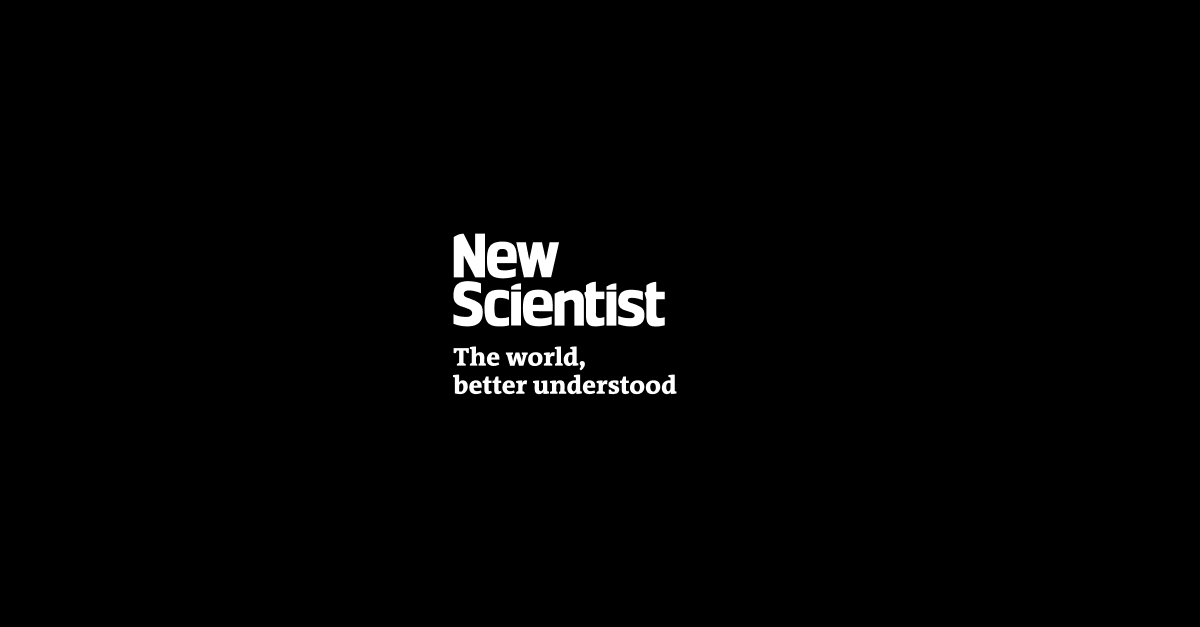Ed Bloomer, an astronomer at the Royal Observatory Greenwich, examines how well science fiction films have predicted futures that, by now, are already part of our past.
Take 1982’s Blade Runner, set in a neon-lit 2019 filled with flying cars, advanced humanoid robots and off-world colonies. While it is true we now have space stations orbiting Earth, that is about as far as we have come. Establishing colonies beyond our planet, even on Mars, which is relatively nearby, is still a massive challenge.
Stanley Kubrick’s 2001: A Space Odyssey, released in 1968, comes closer to modern reality in some ways. The film, argues Bloomer, was remarkably realistic about space travel, accurately depicting how objects move in space, the engineering challenges involved and even how people might interact in such environments. However, the film’s artificial intelligence, HAL 9000, is said to have been “born” in 1992. However, at that time, AI technology was far from that level of sophistication. Even today, we haven’t reached the technological heights imagined in the film.
In Space: 1999, a mysterious source of electromagnetic radiation triggers an explosion in a massive nuclear waste dump that is powerful enough to knock the moon out of its orbit around Earth. In reality, says Bloomer, such an explosion would be likely to destroy the moon entirely, not send it hurtling through space.
Advertisement
Perhaps, then, it is a good thing these films didn’t get everything right. While some imagined technologies would be welcome, others, like the world of Blade Runner, paint a far darker picture of the present than most of us would hope for.
Topics:
- Science fiction /
- film /
- tv

